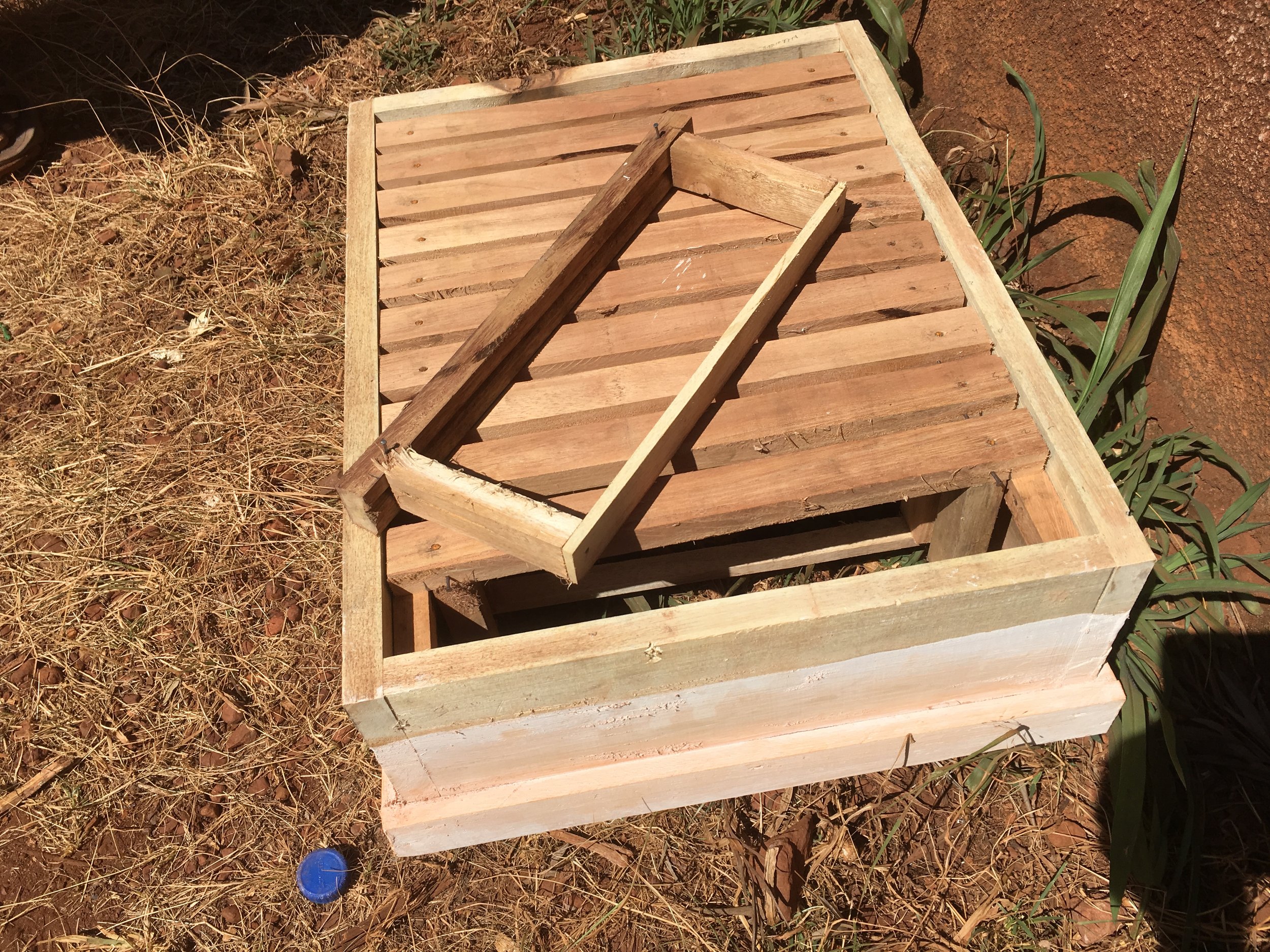Durable Beekeeping for Sustainable Livelihoods in Tanzania
The Durable Beekeeping for Sustainable Livelihoods project, a joint effort between Engineers Without Borders Sweden (EWB-SWE) and the Mavuno Project, seeks to empower small-scale farmers in Chonyonyo, Tanzania. This initiative focuses on introducing modern beekeeping techniques to improve honey production, ensuring sustainable livelihoods for around 9000 farmers. The project is funded by SIDA.
Project Overview
The Durable Beekeeping for Sustainable Livelihoods project, a collaboration between Engineers Without Borders Sweden (EWB-SWE) and the local NGO Mavuno Project, aims to empower small-scale farmers in Chonyonyo, Tanzania. The initiative focuses on improving beekeeping practices to enhance honey production and support sustainable livelihoods for approximately 9000 farmers.
Beekeeping is a significant source of off-farm income in Tanzania, employing around 2 million farmers. In Chonyonyo, traditional beekeeping practices are common but often result in low honey yields and threaten bee colonies. These methods, particularly the complete removal of honey and wax during harvesting, require the bees to expend significant energy to rebuild the wax structures, reducing honey production potential.
Through this project, the community will be introduced to modern beekeeping techniques that will improve honey yield, contribute to environmental sustainability, and create new economic opportunities. The project will establish 25 fully functional, democratically managed cooperatives involving over 9,000 farmers.
Objectives
The primary objective of the project is to introduce modern beekeeping techniques to significantly increase honey production and support the creation of sustainable livelihoods. By doing so, the project aims to:
Increase honey production by 50-100% for the participating farmers and their families.
Improve hive management practices, ensuring long-term sustainability.
Enhance crop production in the surrounding areas through pollination by bees.
Contribute to job creation within the local community by expanding the beekeeping sector.
Activities
The project will involve two key activities:
Training in Hive Management and Wax Reuse:
Farmers will undergo 2-3 weeks of training on advanced beekeeping practices, including proper hive management, centrifugation techniques, and the reuse of wax. This will help farmers optimise honey harvests and maintain healthier, more productive bee colonies.Introduction of Modern Equipment:
Two critical pieces of equipment will be introduced:
A solar wax melter, which will be locally produced in Chonyonyo, enabling farmers to clean wax more efficiently.
A bee wax foundation machine, imported from abroad, which will allow farmers to produce new wax cakes, facilitating the reuse of wax and boosting honey production.
These interventions will help improve the quality of honey production while supporting the long-term sustainability of the bee colonies.
Expected Impact
Honey Production: The introduction of modern practices and equipment is expected to increase honey yields from the current 9 kg per hive to 17-27 kg per hive annually.
Livelihood Improvement: By increasing honey production, the project will directly improve the incomes of participating farmers and their families, providing them with a more reliable and sustainable source of income.
Environmental Benefits: The bees will continue to play a vital role in local agriculture by pollinating plants within a 1.5 km radius of the hives, boosting both agricultural and landscape biodiversity.
Job Creation: As honey production increases, the potential for creating additional jobs in honey processing and beekeeping expands, particularly for vulnerable groups in rural areas.
Long-Term Sustainability
The project’s success hinges on both the training provided and the long-term support by local beekeeping experts. A volunteer at Mavuno Project, will be responsible for coordinating the honey processing unit and overseeing the training of local farmers. This role will be pivotal in ensuring that the beekeeping methods introduced have a lasting impact, contributing to the sustainability of the beekeeping sector in Chonyonyo.
By empowering farmers with the knowledge and tools they need to sustainably manage their hives, this project aims to create lasting change for the community, reducing reliance on traditional farming practices and opening up new economic opportunities.
SDG Goals targeted
The project addresses five key UN Sustainable Development Goals (SDGs) with its broad impact on both livelihoods and environmental sustainability.
SDG 1: No Poverty – By increasing honey production and improving beekeeping practices, the project provides sustainable income opportunities, directly alleviating poverty for beekeeping families in the region.
SDG 2: Zero Hunger – The improved pollination from bees will enhance crop yields in the surrounding areas, supporting food security and sustainable agriculture.
SDG 8: Decent Work and Economic Growth – The project creates jobs in honey production, processing, and beekeeping, expanding economic opportunities, especially in rural areas.
SDG 12: Responsible Consumption and Production – The introduction of modern, sustainable hive management techniques supports more efficient resource use, including the reuse of wax, contributing to responsible production practices.
SDG 15: Life on Land By promoting beekeeping, the project supports biodiversity through improved pollination and the preservation of bee populations, contributing to ecosystem stability.
More information
Read thew interview with Clara Timothy, Project Leader of the Durable Beekeeping for Sustainable Livelihoods Project
Location
Chonyonyo, Karagwe region,
Tabora, Tabora region,
Tanzania
Partner
The Mavuno Project,
Tanzania
Impact
25 democratically managed cooperatives involving
9,000+ farmers
Supported by
This project is mainly funded through a partnership with the Swedish International Development Cooperation Agency (Sida).













